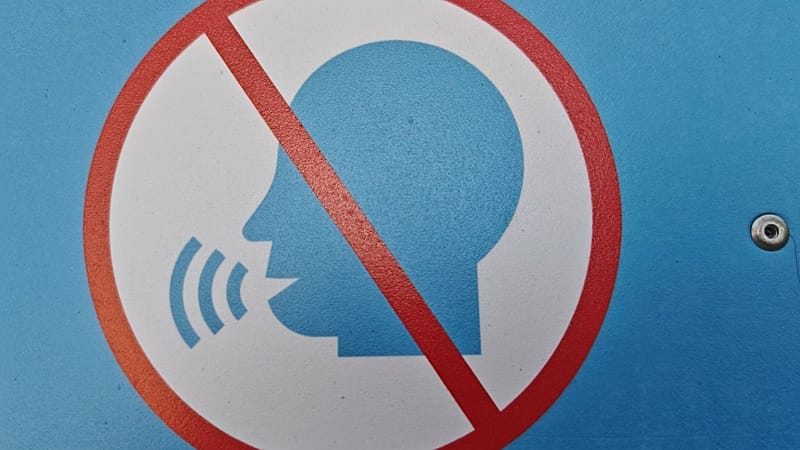New Danish proposal for chat control: three fat problems remain

One of the key fighters for European’s privacy - a former MEP, Patrick Breyer wrote last Thursday that Denmark has updated the European Union’s chat control proposal, opting to mandate a voluntary search for sensitive material in private chats, instead of general monitoring.
“Instead of mandating the general monitoring of private chats (“detection orders”), the searches would remain voluntary for providers to implement or not, as is the status quo,” he said.
Breyer further writes that three major problems remain unsolved: the proposal still does not follow the European Parliament’s position that only courts can decide to access communication channels; it still bans children from downloading messaging apps; and, lastly, anonymous communication is effectively outlawed.
European Parliament’s proposal is disregarded
Patrick Breyer writes that the current Danish proposal does not follow the European Parliament’s (EP) position to allow scanning of communications only by court order.
The EP’s proposal is a fundamental safeguard for Europeans’ privacy of communications and sets a standard that cannot later be changed by extra pressure from EU institutions, such as the famous “Voluntary Codes of Practice/Conduct” we’ve seen for general-purpose AI and disinformation.
“Voluntary” in Europe often isn’t: opting out of a “voluntary code” can mean stricter treatment, nudging tech firms toward de facto mandatory scanning without explicitly regulating it.
No messaging apps for teenagers?
Second, Patrick Breyer writes that the current proposal’s Article 6 would bar under-16s from installing messaging apps such as WhatsApp, Telegram, Snapchat, X, and others, allegedly to “protect them from grooming_”._
The United Kingdom’s experience under the Online Safety Act shows how easily teenagers circumvent such rules using VPNs and other tools. This would persist unless VPN use were tightly regulated too - an alarming prospect in itself.
No more anonymous chats
Patrick Breyer also writes that the Danish proposal’s Article 4(3) would effectively ban anonymous email and messenger accounts, as well as anonymous chatting:
“They would need to present an ID or their face, making them identifiable and risking data leaks”.
This alone should alarm journalists and civil society organisations that rely on private communication with whistleblowers.
This article was originally published on EU Tech Loop and has been published on Euronews as part of an agreement. The opinions expressed in this article are those of the author and do not represent in any way the editorial position of Euronews.

